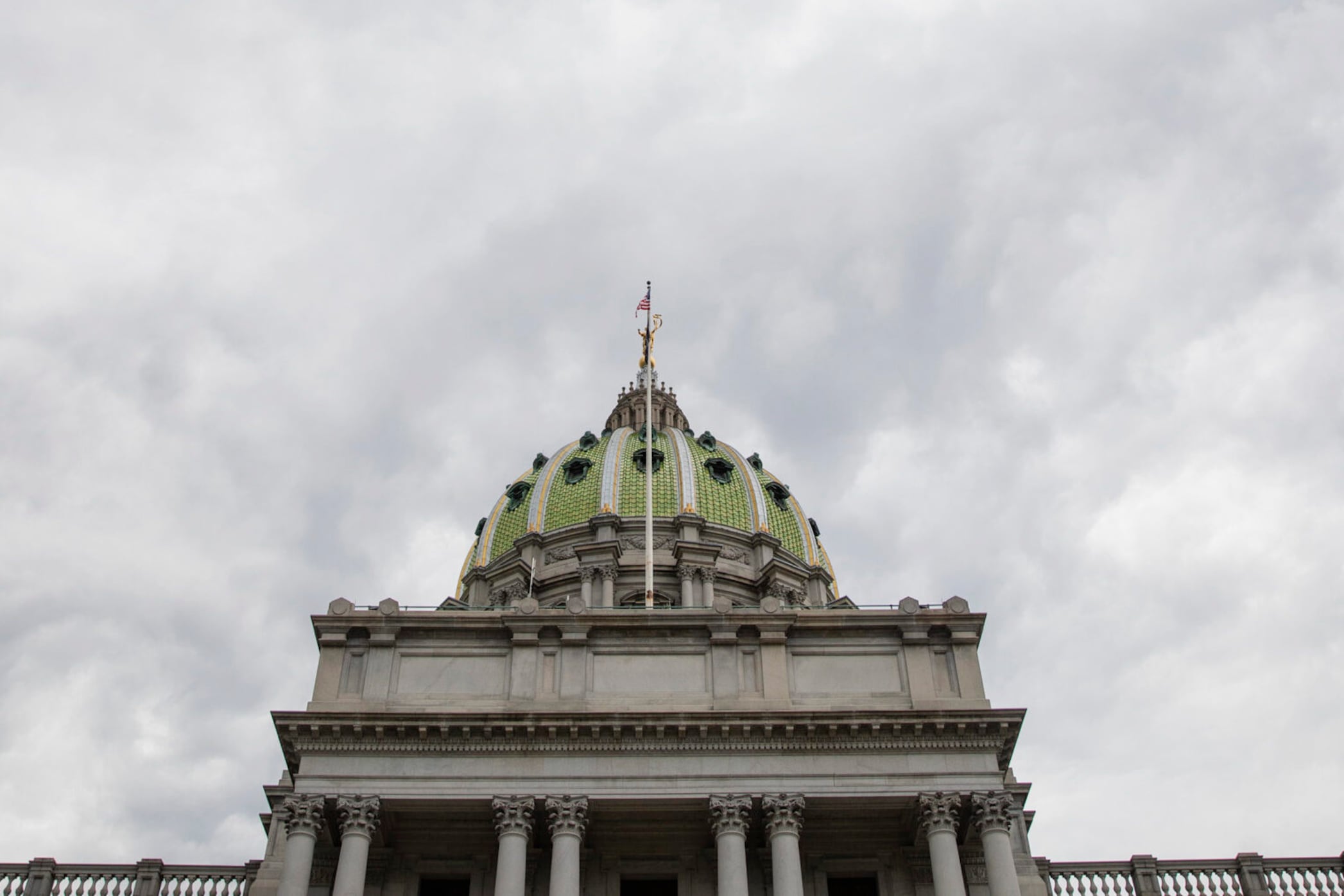This story was originally published by The Pennsylvania Capital-Star
A bill reviving the school voucher program killed by House Democrats during last year’s budget debates passed the Senate Education committee with bipartisan support on Tuesday. The program, called the PASS scholarship, would allow most students in the state’s lowest-performing school districts up to $10,000 to spend towards private schools.
The PASS program was initially supported by Gov. Josh Shapiro during partisan debates over the state budget last year, but House Democrats opposed it. While the version of the budget that passed the Senate included funding for the voucher program, House Democrats refused to pass it unless Shapiro agreed to veto the item. Ultimately, that’s what happened.
The Senate Education committee’s move Tuesday is almost certain to revive that fight.
Public school advocates have long opposed school vouchers, saying the money would be better spent shoring up the state’s public schools, especially in light of the recent court ruling that found the state’s public schools were unconstitutionally underfunded.
“Pennsylvania’s system of public school funding is so inequitable that the Commonwealth Court ruled it violates the state constitution,” said Pennsylvania State Education Association President Aaron Chapin. “Instead of sending hundreds of millions in taxpayer dollars to private schools, we should focus on the public schools that educate 90% of Pennsylvania’s students.”
Proponents of the program note that, unlike school voucher programs in other states, the PASS scholarship would not take money from public schools that recipients would have otherwise attended.
Sen. Anthony Williams (D-Philadelphia), the only Democrat on the committee to vote in favor of the legislation, noted he also supports vastly increasing public school funding. But he also expressed skepticism that any amount of money could help the students stuck in the state’s worst-performing public schools.
“You cannot look past the obvious,” Williams said. “There are parts of Pennsylvania, rural and urban, that are not being served by the public experience and the billions of dollars that we may or may not send to them will not fix that. We cannot find teachers.”
Committee Democrats and Republicans alike acknowledged that the bill being put forward essentially amounted to the start of a battle over what to include in this year’s budget.
“I’m not in the room when the budget deal gets negotiated behind closed doors,” said Sen. Lindsey Williams (D-Allegheny), the minority chair of the committee and a staunch opponent of sending state funds to non-public schools. “There is no trade for vouchers.”
Asked whether Shapiro still supports the program, a spokesperson pointed to his budget address earlier this year.
Shapiro said during the address that he still supports some form of voucher funding for students in underperforming school districts to spend towards “extra tutoring, books and computers, or yes, going to another school.”
Shapiro added, “the Senate passed a proposal last year that included important elements of that, and it’s something I support and consider to be unfinished business.”
The 2025 budget must be passed by both the Republican-controlled Senate and the Democratic-controlled House before being signed by Shapiro.







